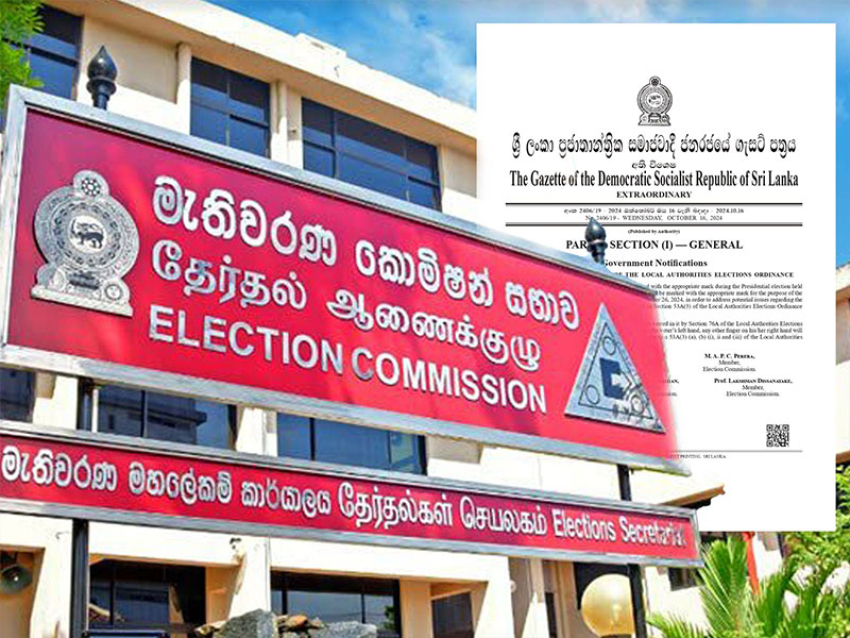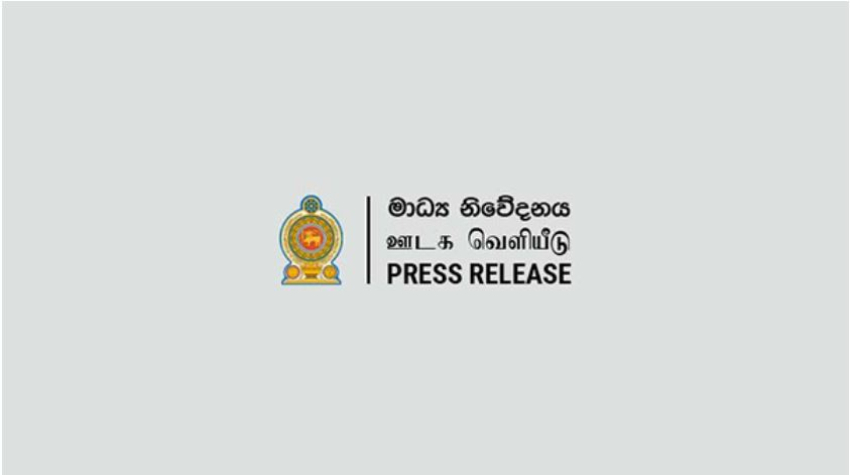“Since his election, President Maithripala Sirisena has announced several measures to promote reconciliation, including the release of private land occupied by the military during the war in the North and freeing LTTE suspects detained for many years. He also fired a former military official who was the governor of the northern province, replacing him with a civilian,” says in an article titled “Sri Lankan Leader Calls for Unity Amid Ethnic Divide”, on the New York Times published on 04 February 2015.
“The new administration was committed to ensuring that justice prevails for those who have suffered and that Sri Lanka could do this for itself without being referred to an international tribunal”, quoting the Foreign Minister Mangala Samaraweera The New York Times reported.
Many human rights advocates in Sri Lanka are keen to see their new government be given a chance to live up to its promise.
“There is a recognition that even if it comes out in March, this government should be given time to come through with an alternative mechanism,” said Paikiasothy Saravanamuttu, the executive director of the Center for Policy Alternatives, a research and advocacy organization in Colombo.
A State Department spokesman said Wednesday that Washington had always supported “a credible domestic investigation process into human rights violations and abuses”.
Nisha Biswal, the United States’ assistant secretary of state for South Asia, told reporters at the end of her visit to Colombo that the new government had made the right gestures. “Much has already been accomplished in such a short time,” she said. “But we recognize that is a lot of hard work ahead and some difficult challenges.”



















